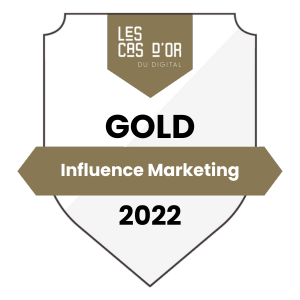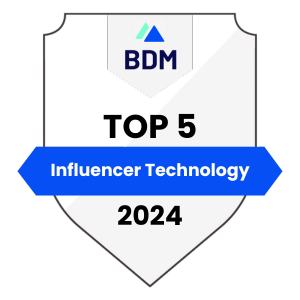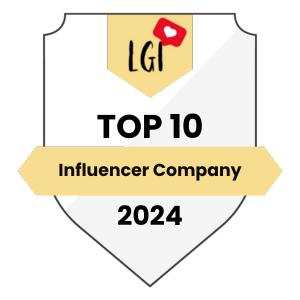what is influencer fatigue?
Influencer fatigue refers to a situation where an audience becomes less responsive to influencer promotions due to overexposure or a perceived lack of authenticity. Essentially, when audiences see the same types of sponsored content too often, they may start to feel disconnected from the influencers they follow. The result is diminished engagement, which can negatively affect the performance of campaigns.
This issue has become increasingly common as influencer marketing has exploded in popularity. While influencers were once seen as trusted voices for brand recommendations, their promotional content can start to feel repetitive or inauthentic if not carefully managed.
why does influencer fatigue happen?
There are several factors that contribute to influencer fatigue. Understanding these can help brands and marketers create more authentic and engaging campaigns.
Overexposure: With the rise of influencer marketing, consumers are bombarded with sponsored content from various influencers. As a result, audiences may start to tune out, no longer paying attention to the messages being communicated.
Lack of authenticity: Audiences are increasingly savvy when it comes to recognizing when content is overly scripted or disingenuous. When influencers appear to be endorsing products simply for the paycheck, followers may feel less connected to them and less likely to engage.
Excessive product promotion: If influencers are constantly promoting products, it can begin to feel like a sales pitch rather than authentic content. This may lead followers to lose interest in the influencer’s recommendations altogether.
the impact of influencer fatigue on campaigns
Influencer fatigue can have several negative consequences for both influencers and brands. When audiences become desensitized to promotional content, the effectiveness of marketing campaigns is diminished. This can manifest in the following ways:
- Lower engagement: The number of likes, comments, and shares may drop as followers become less interested in influencer promotions.
- Decreased trust: When influencers over-promote products, their credibility may be questioned, leading to a decrease in trust from their audience.
- Reduced ROI: Brands may see a lower return on investment (ROI) from influencer campaigns if engagement and conversions drop due to fatigue.
how to combat influencer fatigue
While influencer fatigue is a real issue, there are strategies to overcome it. Here are a few tips for brands looking to maintain the effectiveness of their influencer marketing campaigns:
diversify influencer partnerships
To avoid overexposure, work with a diverse range of influencers. This helps ensure that your brand message reaches different audiences and prevents content from feeling repetitive.
focus on long-term relationships
Rather than working with influencers on a one-off basis, try to build long-term relationships with them. This can lead to more authentic content, as influencers are more likely to genuinely integrate your brand into their lifestyle over time. This also makes it less likely that your audience will feel like they’re being constantly sold to.
embrace transparency and authenticity
Encourage influencers to be open about their partnerships with brands and to integrate products into their content in a way that feels natural. Audiences appreciate honesty, and when influencers are transparent about sponsored posts, it helps maintain trust and engagement.
mix up content formats
Instead of relying solely on traditional influencer content formats like sponsored posts or product reviews, try incorporating other forms of engagement. Consider hosting live sessions, behind-the-scenes content, or influencer-led events. This can help keep the content fresh and engaging for audiences.
signs of influencer fatigue: what to look for
Marketers should stay alert to the signs of influencer fatigue to ensure they can adjust their strategies accordingly. Some common signs include:
- A noticeable drop in engagement (likes, comments, shares)
- A rise in negative comments or skepticism from followers
- A decrease in conversion rates or sales tied to influencer campaigns
- A sense that content feels repetitive or lacks creativity









